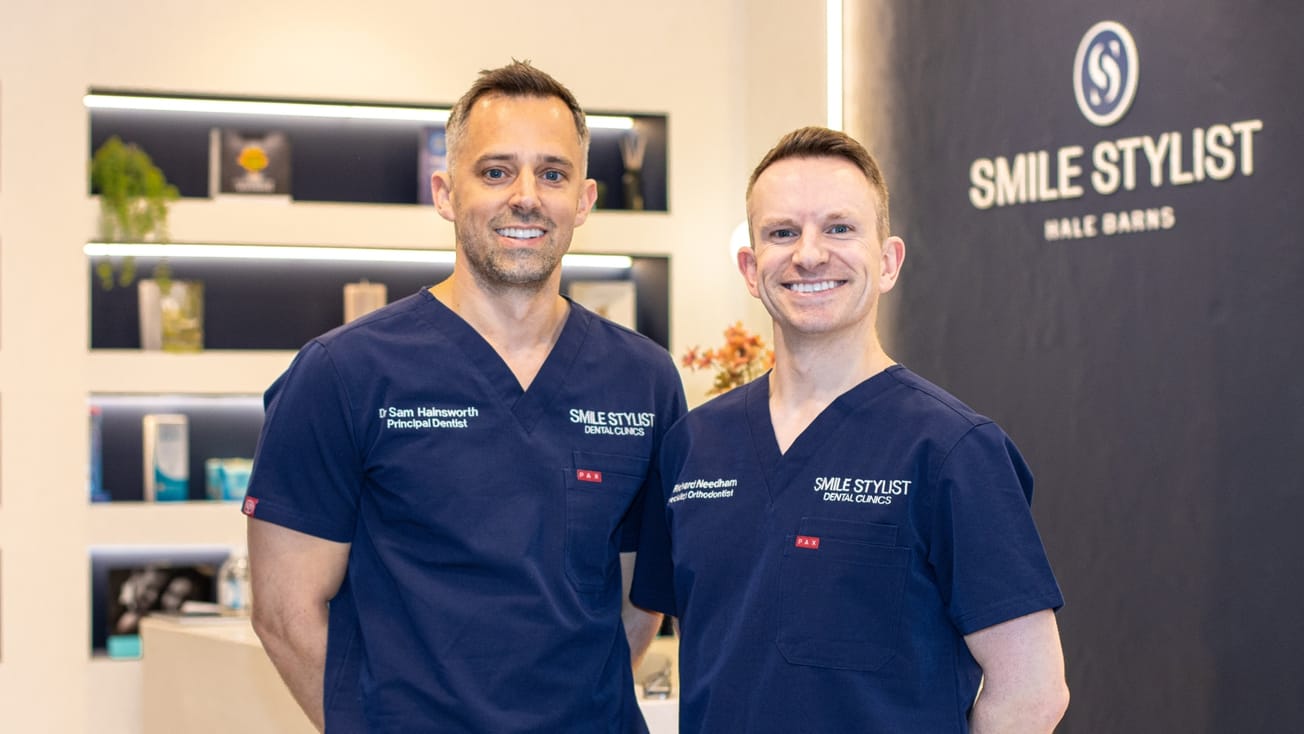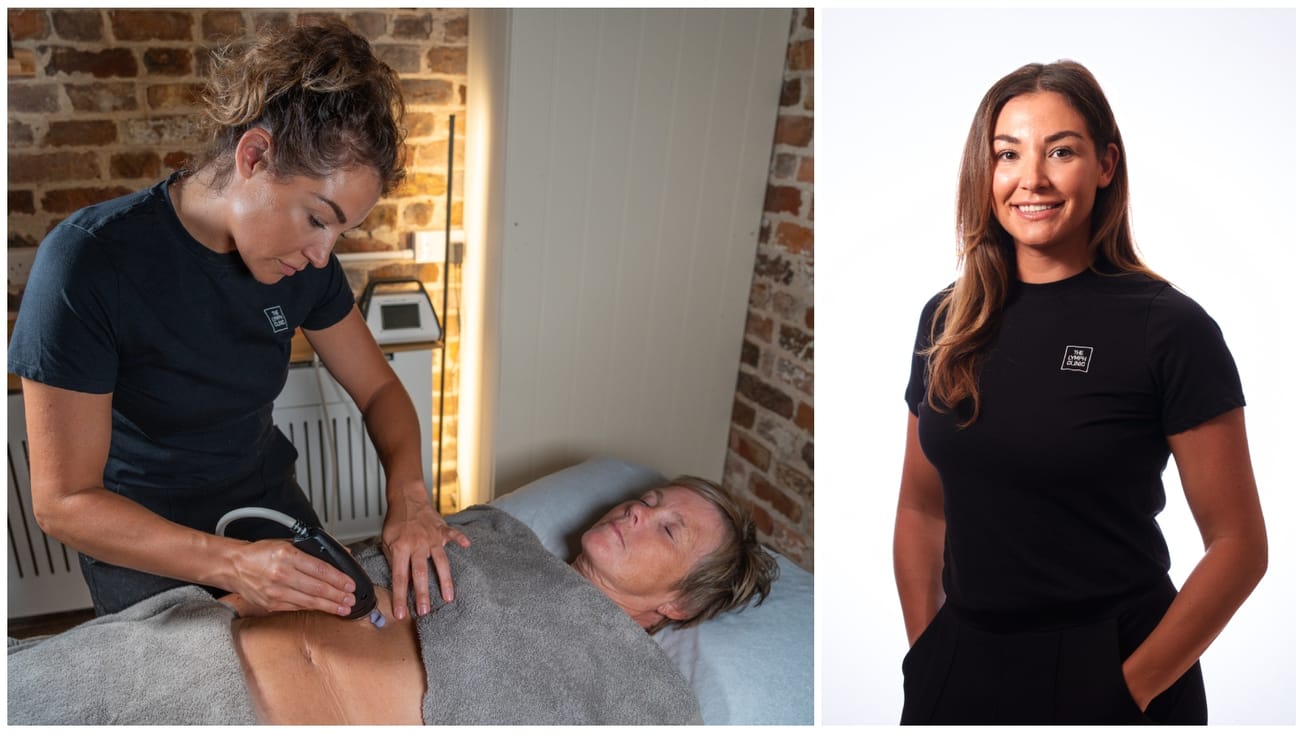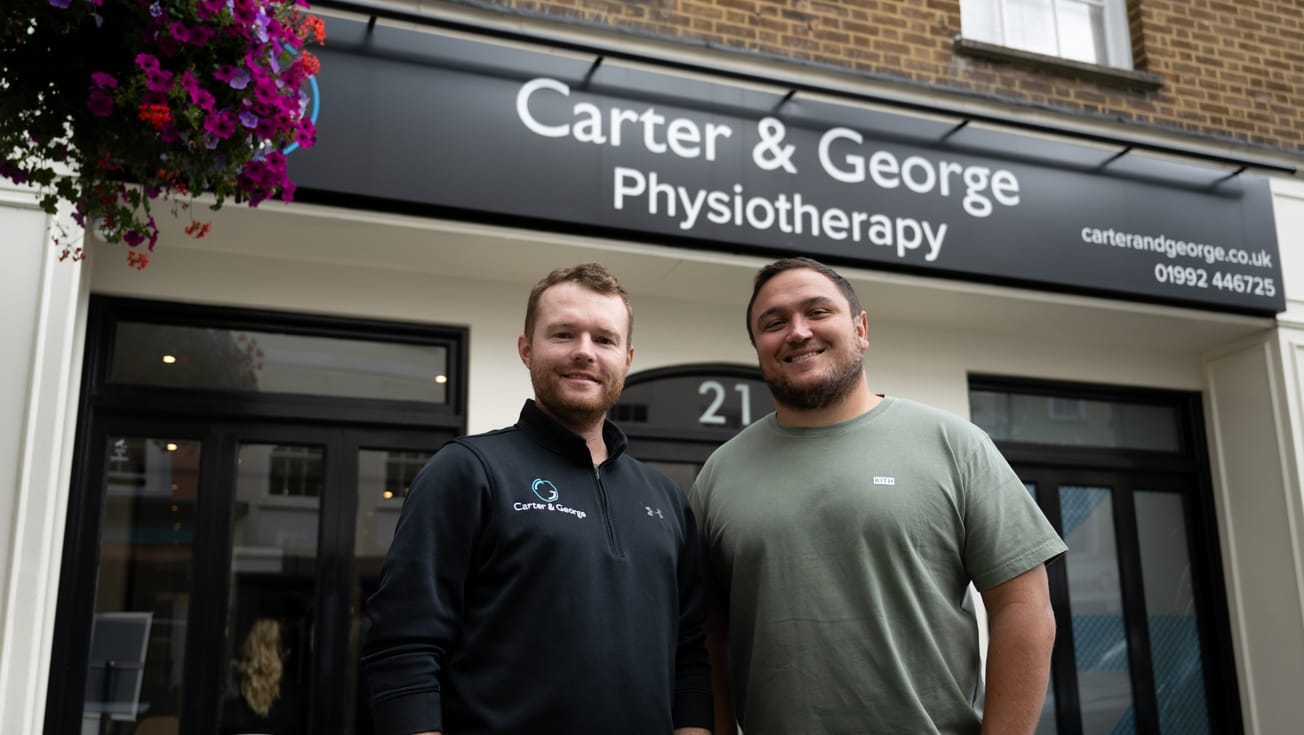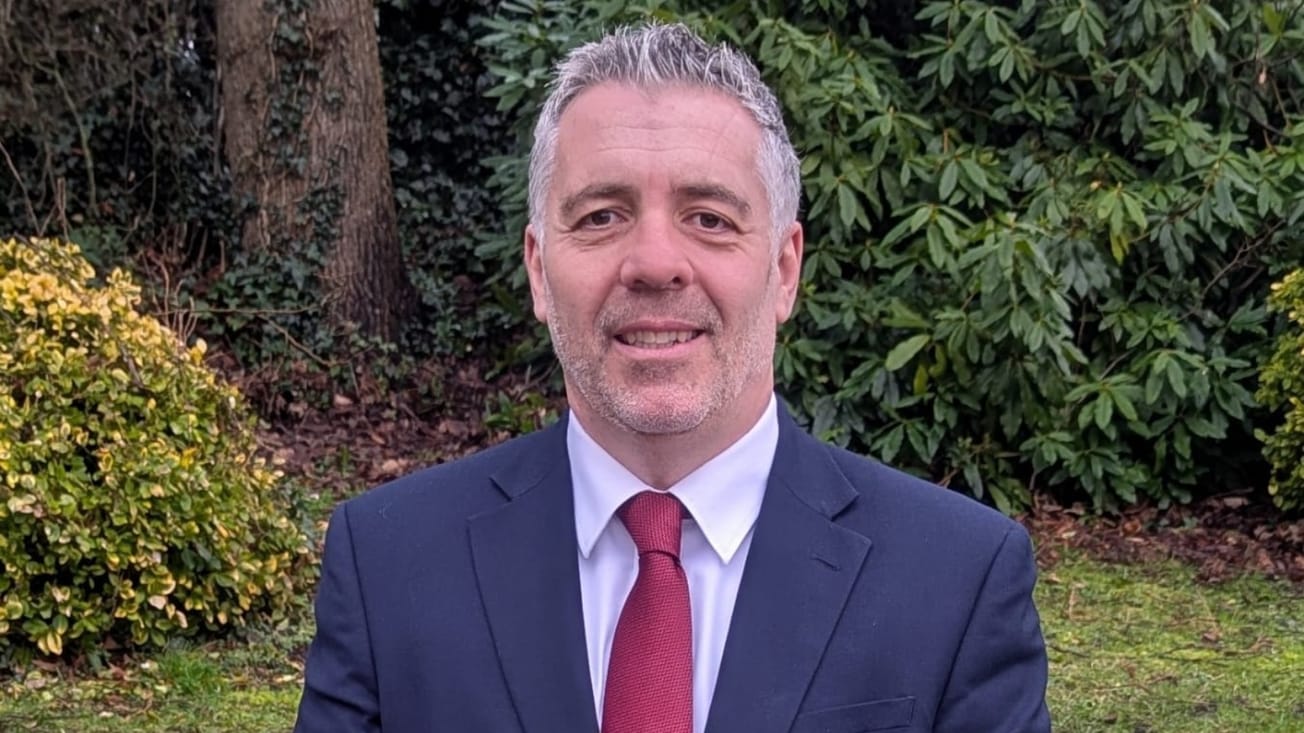As medical director for Priory Hospital Altrincham, consultant psychiatrist Dr Samir Shah is responsible for maintaining the quality of services provided throughout the Hale-based hospital so that every patient has access to high standards of evidence-based treatment.
With demand for mental health and addiction support soaring across the region, we spoke to Dr Shah to understand what could be driving this, and how people can be supported.
ALTRINCHAM TODAY: What are the types of mental health conditions and addictions that you see?
DR SAMIR SHAH: We see a wide range of mental health conditions, from mild to very severe, and work with people with stress and trauma-related conditions, anxiety, depression, OCD and bipolar disorder. We also see people who are concerned that something may be wrong and want an assessment.
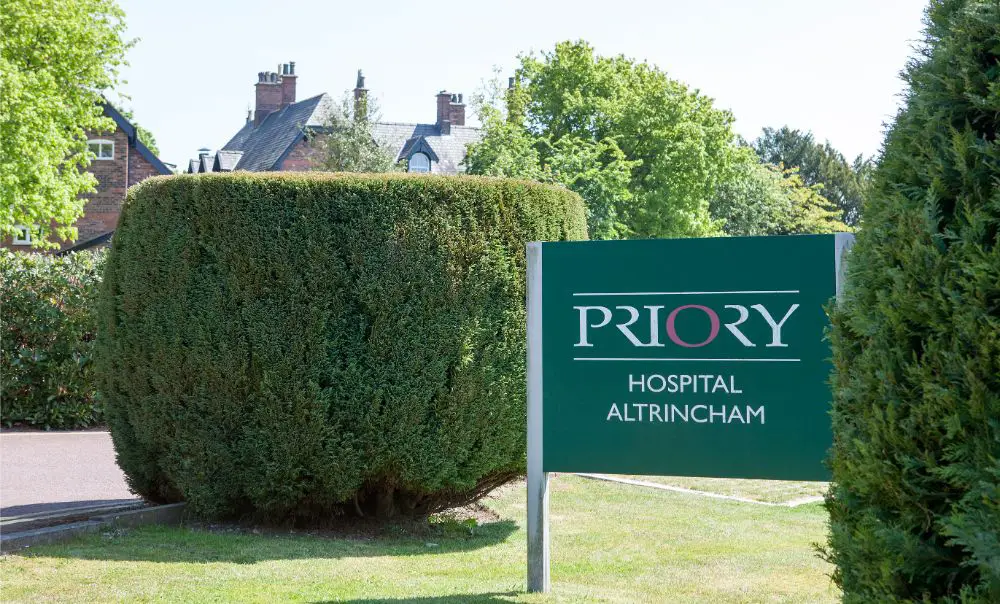
Cheshire is an affluent region where people are leading busy lives. However, at times this can contribute to stress due to societal expectations, competition, challenges of the digital world and easier access to drugs and alcohol.
I would say the most common form of addiction we see is alcoholism followed by drugs such as cocaine, Ecstasy, cannabis, prescription drugs, along with gambling. We are noticing a worrying trend amongst teenagers, young adults and professionals who may experiment with drugs and alcohol to blow off steam and many may progress to developing addictions.

AT: Has there been a rise in people seeking help for certain mental health conditions or addictions?
DSS: The percentage of individuals with mental health conditions has probably not changed, but due to the rise in awareness, improving acceptability and reducing stigma of mental illness, more and more people are accessing support and help. Unfortunately, we are noticing a rise in young people reporting mental distress and related illness. New data suggests that in England, one in six experience mental health problems in any given week.
We have also seen a rise in people suffering with stress and burnout. The fast pace of modern life is causing more people to place increased pressures on themselves and others. This can be partly linked to the rise in digital technology that has encouraged behaviours that thrive on instant outcomes. People feel that they need to respond to messages immediately. Individuals are increasingly using social media to seek external validation, connect with virtual friends, be in a race to be like someone else, and we thrive on instant gratification. This encourages an inability to ‘cool off’, leading to stress and burnout, which if ongoing can manifest itself in mental illness and addiction problems.
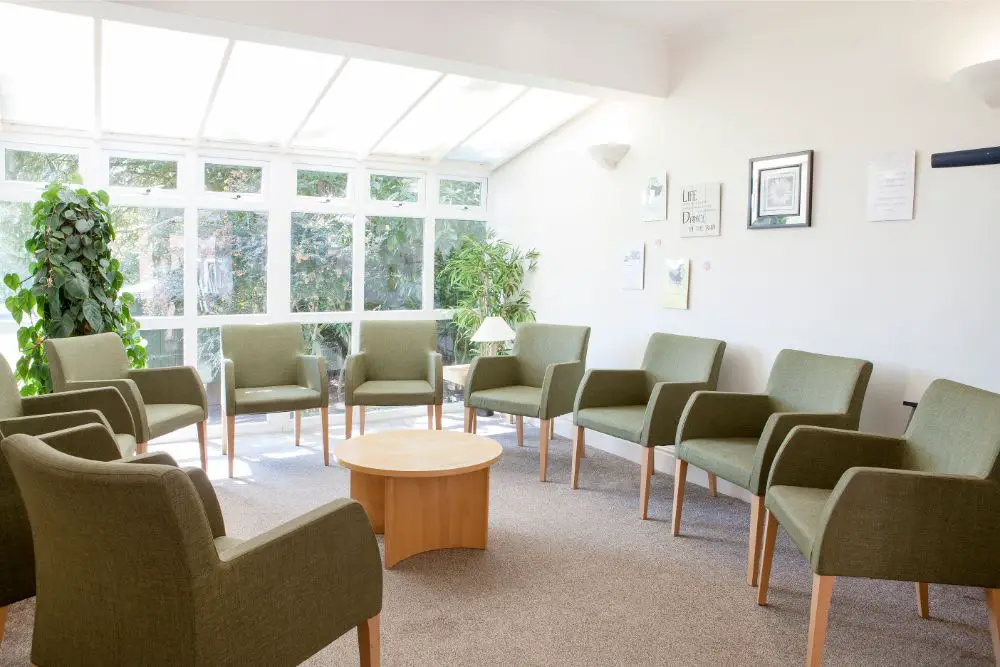
AT: What stops people from reaching out for professional help?
DSS: People can struggle to notice when they are dealing with mental illness, as they are unaware of the different symptoms which can vary between men and women. For example, signs of depression in men may include irritability, anger, frustration, substance abuse, withdrawal from family life and an excessive work life. Women are more likely to experience low mood and decreased energy.
People are also unaware that having mental health difficulties doesn’t necessarily mean having severe depression or anxiety. A person may just be working a bit harder to get the same outcomes, struggling with sleep, and are finding that they are more irritable and snappy. These types of changes can be the earlier signs of mental illness.

We also find that men are more reluctant to access help. For some, the idea of reaching out is a sign of weakness, where they are worried about how others will view them. Reaching out for support is in fact a sign of strength.
AT: What would you recommend to people struggling with their mental health or with an addiction?
DSS: Ask for help. It is important for you to recognise that there is support available. I have found that a lot of the GPs across the region really understand mental health and addictive behaviours, which makes people more comfortable to have these conversations with their doctors.

AT: How can Priory Hospital Altrincham support?
DSS: Priory Hospital Altrincham is not just rehab, and we’re not just for celebrities. Anyone can have a mental illness or an addiction, and we help anyone who needs our support.
We have a range of services, from assessments to therapies and rooms for those who need inpatient admission.
Our team of excellent therapists provide one-to-one or group therapy for depression, anxiety, OCD, addictions, personality related difficulties and more, and our amazing team of consultants offer one-to-one assessments and treatment plans.

Addictions treatment is provided as either one-to-one therapies, or through a comprehensive residential service based on the 12-step programme. We would welcome people who are worried to come and talk to us. The earlier that support is put in place, the better the outcomes.
You can contact Priory Hospital Altrincham by calling 0161 464 5516, or visit the website here.
Priory is offering a 10% discount for self-pay, private inpatient admissions that take place from 16th December to 10th January.


